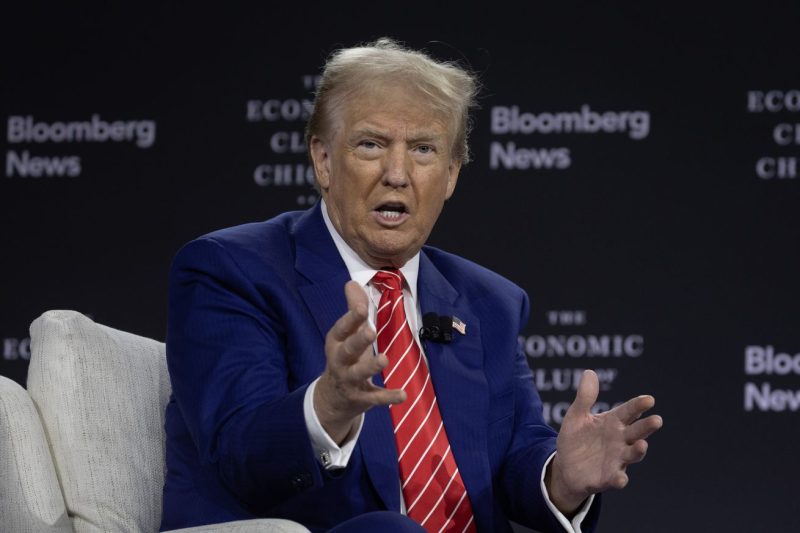In a recent public address, President Donald Trump voiced his opinions on breaking up tech giant Google, drawing both criticism and support from various quarters. Trump’s remarks on Google’s alleged monopoly and anti-conservative bias have reignited the debate on the tech industry’s influence and power dynamics.
The President argued that Google has a dominant position in the digital marketplace, which gives it substantial control over what information users are exposed to. By calling for the breakup of the tech giant, Trump aims to address concerns about potential bias and censorship in online content. This stance reflects a broader sentiment among some conservatives who perceive tech companies as exerting undue influence on political discourse.
Critics of Trump’s proposal caution against government intervention in the tech sector, citing concerns about free market principles and the potential negative consequences of breaking up successful businesses. They argue that Google’s market dominance is a result of innovation and consumer choice, rather than anti-competitive practices.
Trump’s statements also touch on the complex issue of regulating online platforms and balancing free speech with content moderation. The debate over Google’s role in shaping public opinion underscores the challenges of navigating the digital landscape in an era marked by rapid technological advancements and evolving societal norms.
While the prospect of breaking up Google may seem drastic, it underscores the need for a nuanced approach to addressing concerns about tech industry practices. Whether through antitrust measures, regulatory oversight, or industry self-regulation, finding a balance that promotes innovation, protects competition, and upholds democratic values remains a critical task for policymakers and stakeholders alike. As the debate continues to unfold, it is clear that the role of tech giants in shaping our digital future will remain a topic of intense scrutiny and debate.
